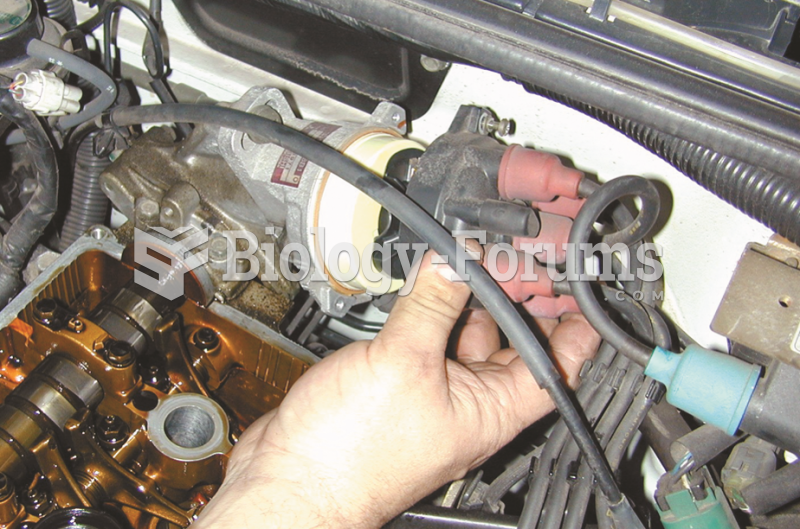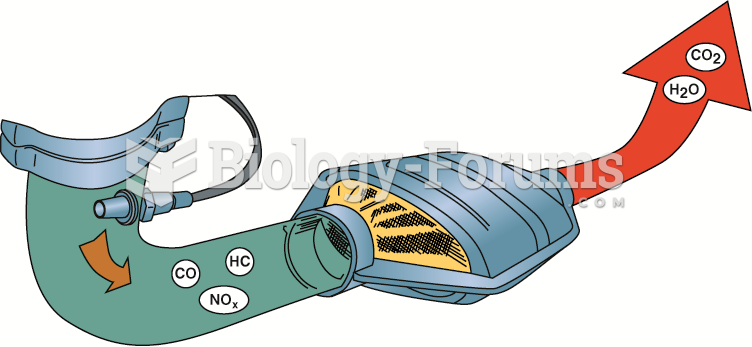|
|
|
The top 10 most important tips that will help you grow old gracefully include (1) quit smoking, (2) keep your weight down, (3) take supplements, (4) skip a meal each day or fast 1 day per week, (5) get a pet, (6) get medical help for chronic pain, (7) walk regularly, (8) reduce arguments, (9) put live plants in your living space, and (10) do some weight training.
Cancer has been around as long as humankind, but only in the second half of the twentieth century did the number of cancer cases explode.
The lipid bilayer is made of phospholipids. They are arranged in a double layer because one of their ends is attracted to water while the other is repelled by water.
Although not all of the following muscle groups are commonly used, intramuscular injections may be given into the abdominals, biceps, calves, deltoids, gluteals, laterals, pectorals, quadriceps, trapezoids, and triceps.
Warfarin was developed as a consequence of the study of a strange bleeding disorder that suddenly occurred in cattle on the northern prairies of the United States in the early 1900s.
 A medical records department. (Paper records are becoming obsolete, replaced by electronic records.)
A medical records department. (Paper records are becoming obsolete, replaced by electronic records.)
 To help locate how far the engine is being rotated, the technician is removing the distributor cap ...
To help locate how far the engine is being rotated, the technician is removing the distributor cap ...





